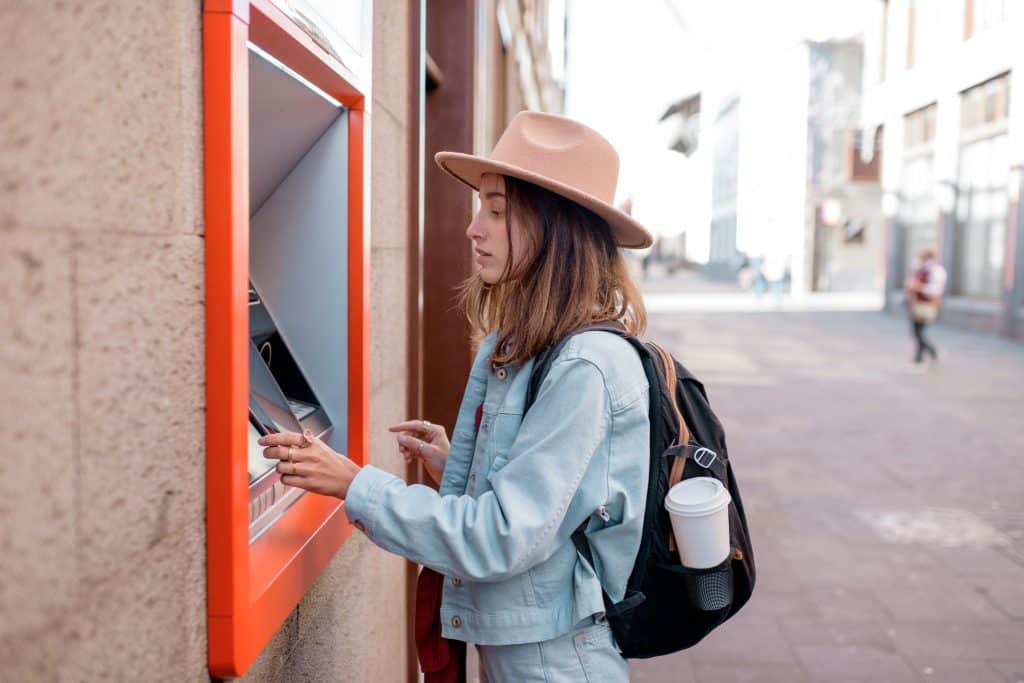Travel can be life-changing, filled with breathtaking sights, delicious food, and unforgettable moments. But scams are an unfortunate reality in many destinations, and they can ruin the experience if you’re not careful. To make your journeys stress-free, you need to learn how to avoid tourist scams. From fake taxi drivers and counterfeit currency exchanges to overly friendly locals with hidden motives, scammers thrive on unsuspecting visitors.
This article explains the five most common pitfalls travelers face and shows you how to spot them early. By understanding the warning signs and practical defenses, you’ll be better equipped to avoid tourist scams and enjoy your adventures with peace of mind. Before heading abroad, always check the latest U.S. State Department travel advisories for scam warnings and safety updates in your chosen destination.
1. Fake Tours and Over-Priced Transportation
For many travelers, the first encounter with scams happens when booking tours or arranging transportation. Taxi drivers may refuse meters, tuk-tuk drivers might quote sky-high prices, and street vendors often push “special” tours that are nothing more than money traps. To truly avoid tourist scams, you must approach transportation with extra caution.
How the scam works
- Drivers insist the meter is broken and demand inflated flat rates.
- Tour sellers promise “exclusive” trips at half the price, only to cut corners or vanish after payment.
- Some drivers take longer detours to inflate the fare or stop at “commission shops” where you’re pressured to buy goods.
How to avoid it
- Always confirm fares up front or insist the meter runs.
- Use ride-hailing apps where available.
- Research reliable tour operators in advance.
- Ask your hotel or hostel for trusted transport recommendations.
Transportation can quickly eat into your budget if you’re not careful. For more ways to stretch your money while staying safe, explore Viral Voyage’s section on on-a-budget travel. Knowing how to save while you avoid tourist scams ensures your trip remains affordable and stress-free.

2. Counterfeit Currency Exchanges
Exchanging money may seem simple, but it’s one of the easiest areas for scammers to take advantage of unsuspecting travelers. Many fake exchange bureaus lure tourists in with promises of zero commission or unbelievably good rates. To avoid tourist scams, you must learn to spot the tricks.
Common red flags
- “Commission free” signs posted in neon with no visible official license.
- Vendors who count bills quickly and hand them back folded, hoping you won’t notice a missing note.
- Exchange counters located near tourist attractions with too-good-to-be-true rates.
Safe practices
- Only exchange money at banks, hotels, or official currency bureaus.
- Use ATMs inside banks, not on the street.
- Count every bill in front of the teller before walking away.
Even seasoned travelers can fall victim here, especially when they’re rushing. To sharpen your defenses, check out the travel hacks section on Viral Voyage. With clever tricks, you’ll not only save money but also avoid tourist scams that could cut your budget short.
3. Unofficial Guides and Pickpocket Distractions
The “friendly local” scam is a classic. A person approaches you offering a free tour or “help” with directions. Soon, they either demand money or distract you while an accomplice pickpockets your belongings. To avoid tourist scams, stay alert whenever unsolicited help comes your way.
Typical scenarios
- Strangers approaching at train stations or museums offering “free guiding.”
- People showing you petitions or maps while someone else rifles through your pockets.
- Children tugging at your sleeve as a distraction while a partner steals from your bag.
Protection strategies
- Decline unsolicited offers politely but firmly.
- Carry valuables in front-facing, secure bags.
- Be especially vigilant in crowded areas like plazas, buses, or markets.
If your heart is set on exploring breathtaking places, choose reputable tours and guides. Viral Voyage’s epic destinations section is a great starting point for authentic adventures—minus the scams. A little planning helps you enjoy iconic landmarks and still avoid tourist scams designed to take advantage of visitors.

4. Souvenir Seller Pressure and Fake Goods
Markets and bazaars are irresistible. But they’re also fertile ground for dishonest vendors. Scammers know that tourists are eager to bring home souvenirs, and they use pressure tactics to inflate prices or sell counterfeit goods. To avoid tourist scams in markets, you’ll need sharp bargaining skills and patience.
How sellers trick you
- “Today only!” or “Special price for you” pressure lines.
- Items presented as handmade or antique but mass-produced in factories.
- Vendors insisting you must pay in cash to avoid “card fees.”
Smart shopping tips
- Compare prices among stalls before buying.
- Learn the local bargaining culture to negotiate fairly.
- Don’t let guilt or pushiness rush your decision.
For travelers who combine work and adventure, scams in markets can be disruptive. The digital nomad section of Viral Voyage shares tips for staying savvy abroad, ensuring you avoid tourist scams while balancing shopping, living, and working overseas.
5. Unauthorized “Charities” and Street Performers
Scams aren’t always aggressive—sometimes, they tug at your heartstrings. Children begging with fake injuries, dubious “charities” asking for donations, or performers demanding outrageous fees are all common. To avoid tourist scams, learn to recognize genuine need versus exploitation.
Tactics used
- Children or adults showing staged injuries.
- Fundraisers with no official paperwork or proof of cause.
- Performers pulling you into a show and then insisting you pay afterward.
How to respond
- Give to official, recognized charities if you want to contribute.
- Carry coins for small tips if you choose.
- Never feel pressured—walking away is always okay.
6. ATM and Credit Card Skimming
Today’s scams aren’t only face-to-face. ATMs fitted with skimming devices can capture your card information in seconds. To avoid tourist scams of this kind, always inspect machines before using them.
- Stick to ATMs inside secure bank branches.
- Check for unusual bulkiness around the card slot.
- Shield your PIN from hidden cameras.
A cloned card can wipe out your travel budget in days—staying alert is your best protection.

7. Ticket Scams
Whether it’s a train, museum, or concert, ticket scams are widespread. Fake sellers outside attractions promise discounts, but the tickets are either forged or already used. To avoid tourist scams, purchase tickets only from official counters or websites.
- Inspect print quality and holograms.
- Beware of websites with no secure checkout.
- When possible, buy tickets in advance online.
8. Overcharging Taxis and Tuk-tuks
A classic scam is the inflated taxi ride. Tourists are prime targets for drivers who double prices, take long detours, or pretend meters are broken. To avoid tourist scams, demand transparency.
- Agree on a price before entering if no meter exists.
- Use GPS to track your journey.
- Avoid taxis waiting directly outside tourist spots—walk a block away instead.
9. Free Wi-Fi and Digital Traps
Not all scams are physical. Fake Wi-Fi networks in airports and cafés can steal sensitive data. To avoid tourist scams, never connect blindly.
- Ask staff for the correct network name.
- Use a VPN like Nord to protect your information.
- Avoid logging into bank or email accounts on public Wi-Fi.
10. Staying One Step Ahead
The best way to avoid tourist scams is awareness. Scammers rely on tourists being distracted or uninformed. With a little preparation, you can spot the warning signs and keep your adventures scam-free.
- Research common scams in your destination before arriving.
- Learn average prices for taxis, meals, and souvenirs.
- Stay calm and confident—scammers often back off when they see you’re not easy prey.
Scam-Smart Travel = Worry-Free Memories
Every trip comes with stories you’ll tell for years—but those stories should be about sunsets, not scams. Learning to avoid tourist scams ensures your memories are filled with joy, not regret. And don’t forget, staying safe also means staying healthy—the CDC’s traveler information center covers health and safety basics every globetrotter should know.
Whether you’re budgeting carefully, exploring epic destinations, or embracing the digital nomad lifestyle, awareness is your shield. With these strategies, you’ll not only save money but also safeguard your experiences. Because in the end, the best travel souvenir is peace of mind. Discover more smart travel tips and guides at Viral Voyage and make every trip scam-free.



